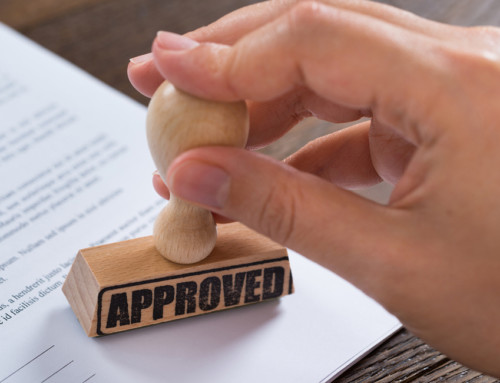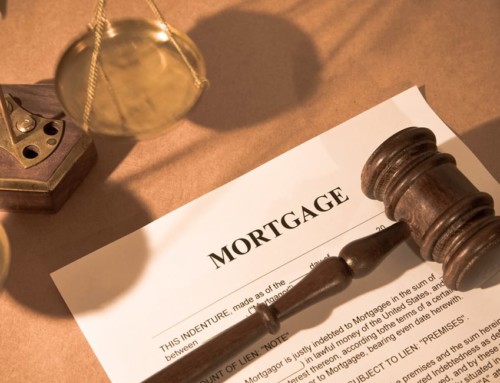Guarantees are often a necessary risk that a person needs to take on when borrowing money. A simple example of this is where a company is obtaining an overdraft for business purposes and the bank requires a guarantee from the director(s) of the company. Such a guarantee places an obligation on the guarantor that means they are effectively as liable for the debt as the company being guaranteed is. Therefore, because a guarantee places the guarantor’s personal assets at risk to the guarantee liability, it is important for people to consider their options in terms of guarantees. Here are a few things to consider when being asked to be a guarantor:
- Timeframe – Is there a point in time when the guarantee will cease, i.e. when the borrower’s indebtedness to the lender falls below a certain level?
- Limit – Is the guarantee able to be limited to a set amount?
- Indemnity – Is the borrower for who the guarantee is needed providing a written indemnity to the guarantor to “make good” any loss the guarantor may suffer under the guarantee?
It is also sensible for potential guarantors to see how they can limit the risk to themselves in respect of a guarantee that they may be required to provide. For example, in the case of a director giving a guarantee for a company overdraft facility, has that director made sure that their assets are protected within trust and therefore no part of the assets that may be exposed to the guarantee liability? It is also important if you are asked to be a guarantor to think about what affect that may have on your own personal ability to borrow funds for yourself. This consideration is important because a potential liability under a guarantee is an obligation that a lender would want to know about you if you were to apply for finance in the future.







Leave A Comment